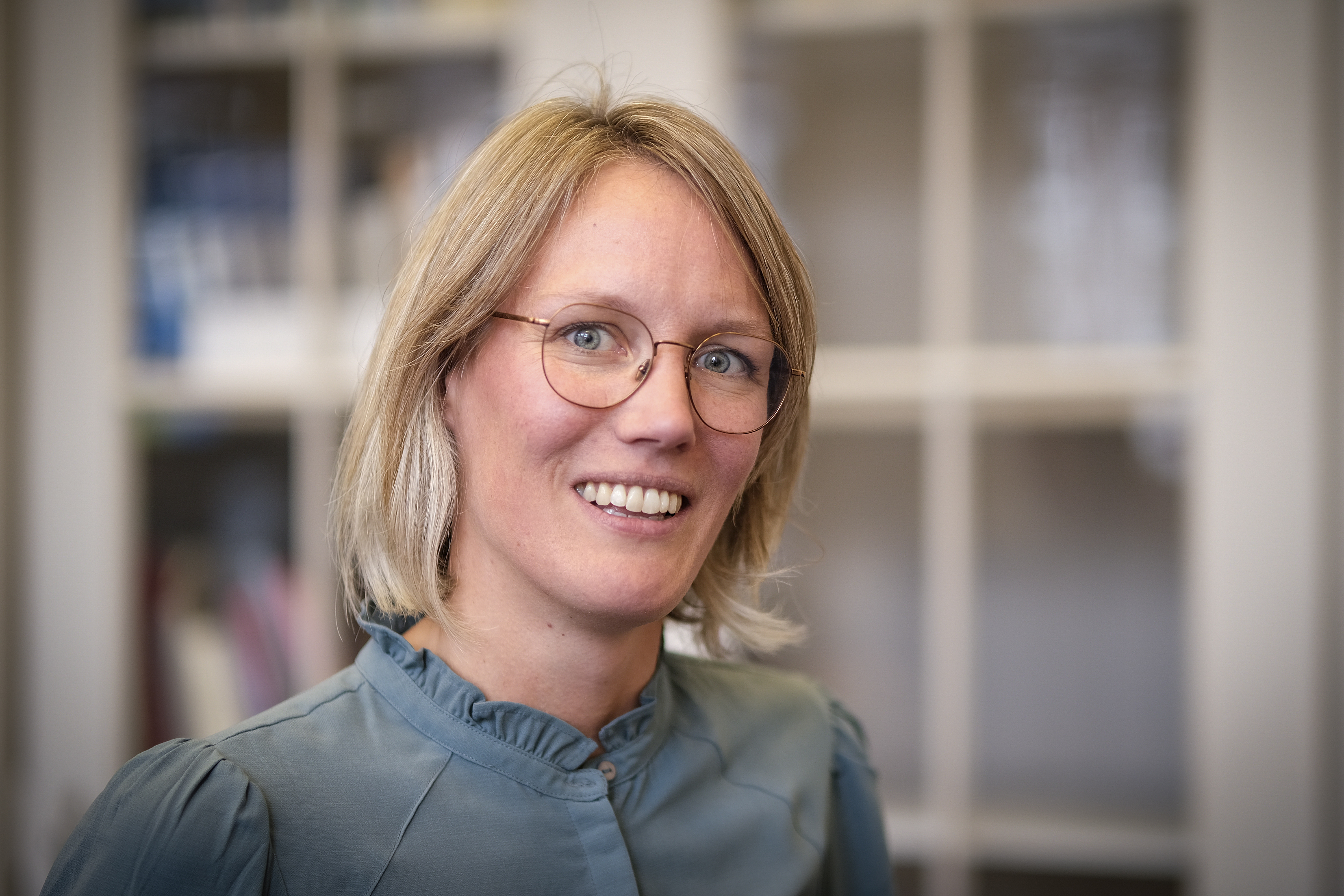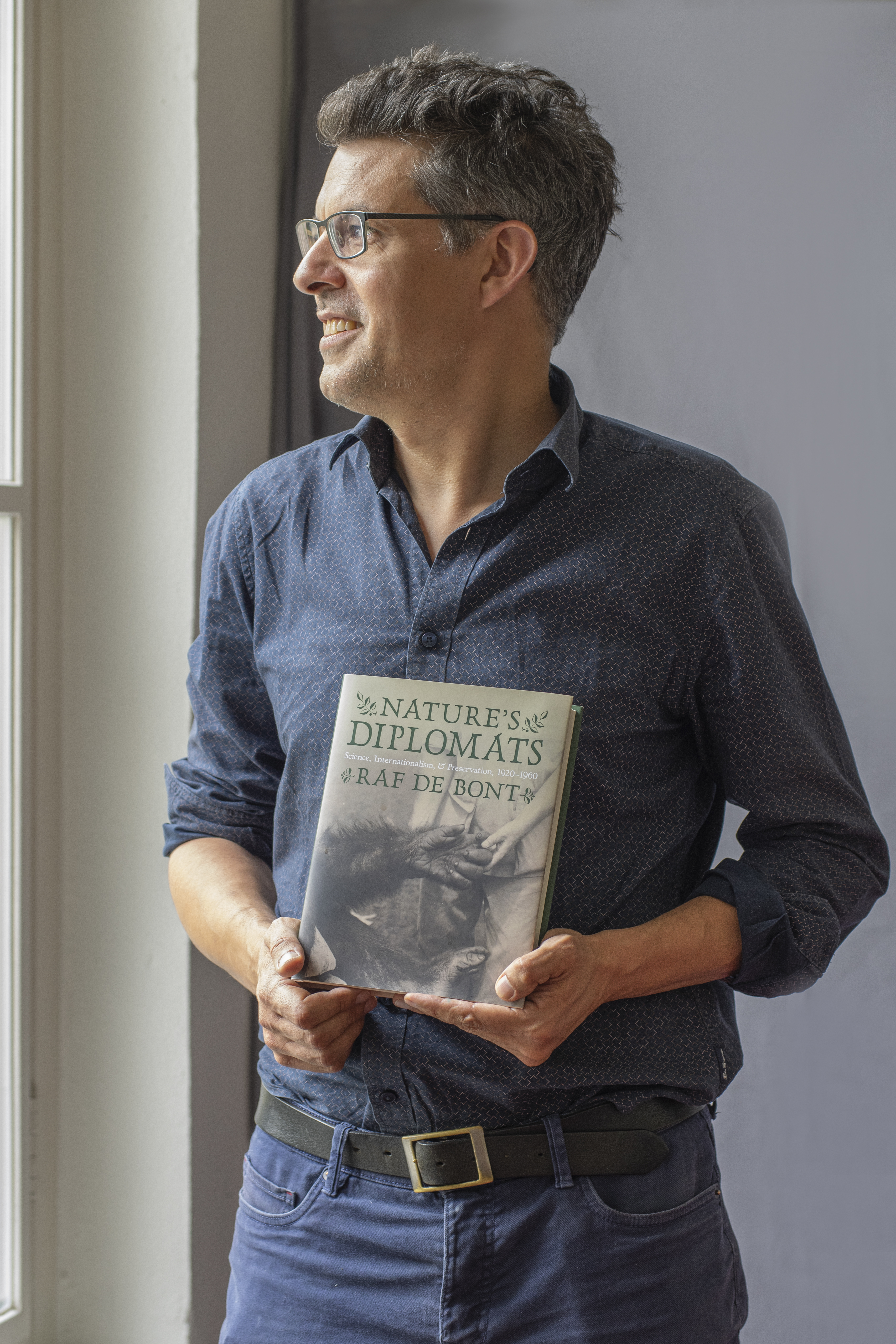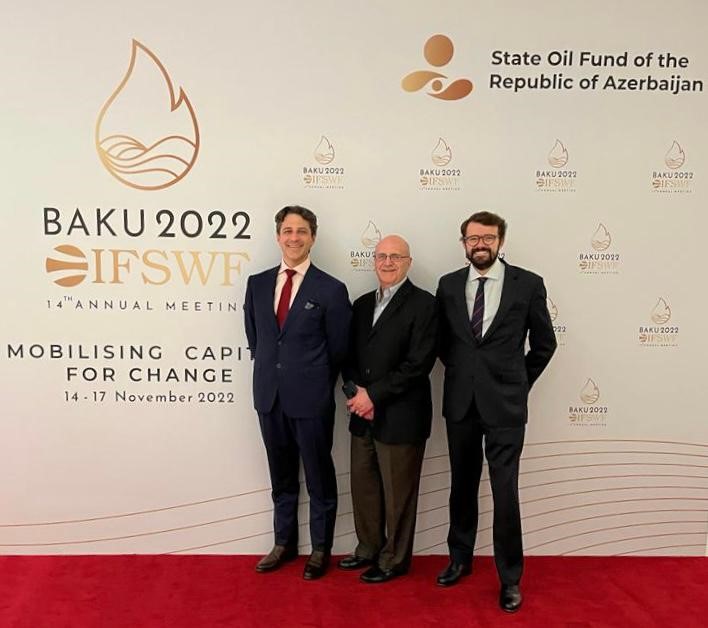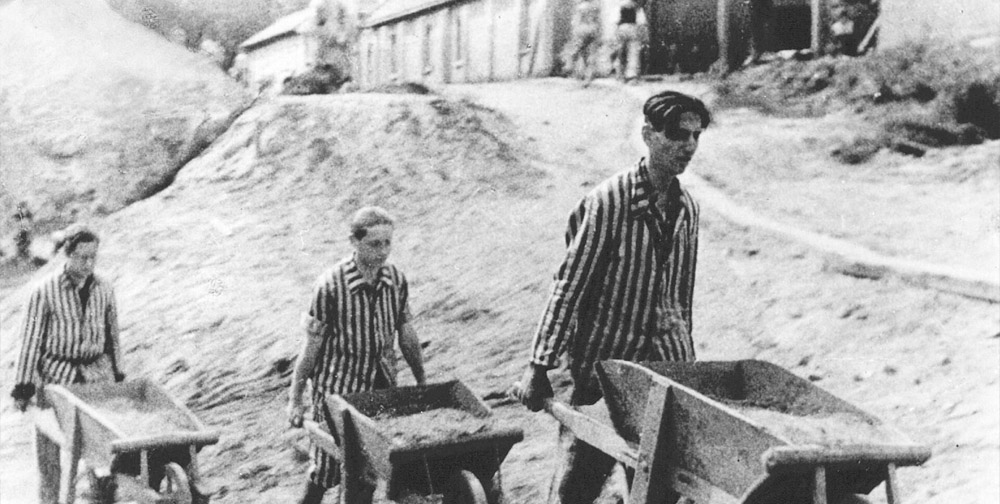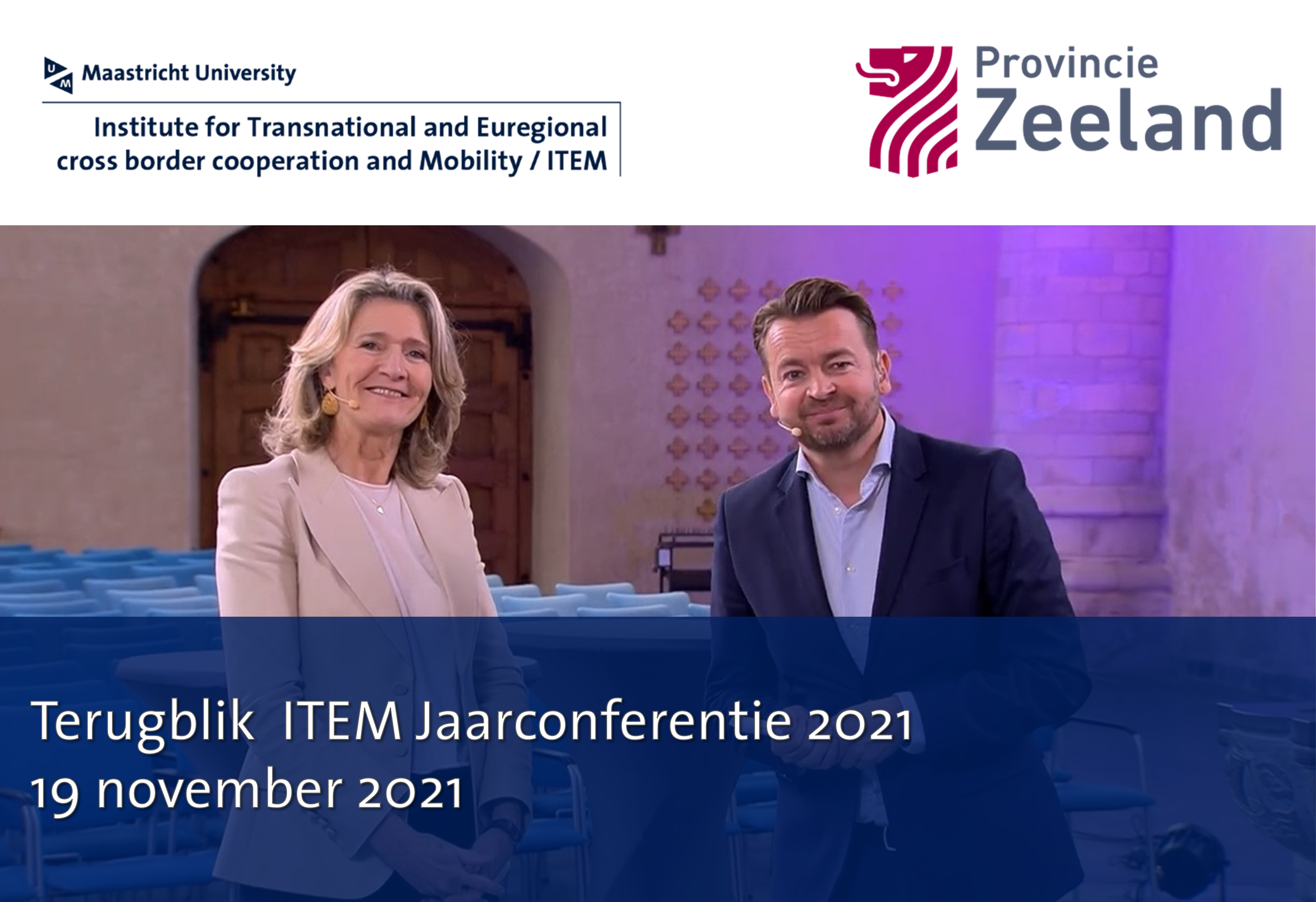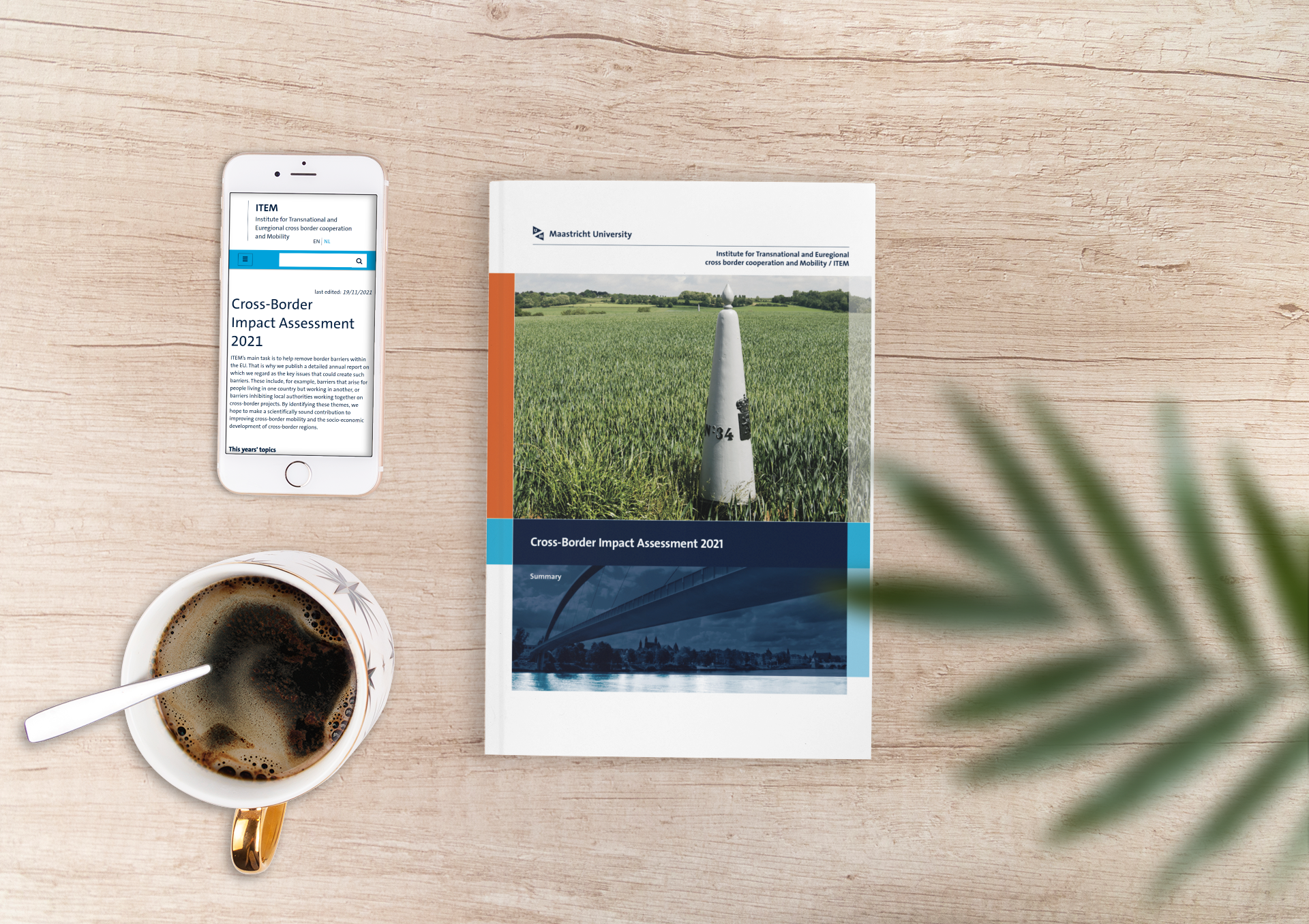News
-
A stop to migration? Setting aside the nitrogen regulations? Radically countering internationalisation in higher education? Politicians regularly make great pronouncements. To what extent are these promises realistic? Dr Karin van Leeuwen, lecturer of European Political History at the Faculty of...
-
Is an elephant in Artis Zoo just as “wild” as an elephant on the African savannah? What place do animals have in a world that is increasingly shaped by humans? Why does the presence of a few wolves in the Netherlands trigger so many negative emotions, while Dutch people donate money en masse to...
-
The programme, which will boost fundamental research in artificial intelligence through public-private collaborations, has a total budget of over 87 million euros. ROBUST will include 17 new labs across the Netherlands and recruit 170 new PhD candidates.
-
State-owned sovereign wealth funds (SWFs), like that of FIFA World Cup host nation Qatar, are major shareholders in Western industrial and cultural assets. Is that a cause for concern? FASoS’ Adam Dixon has some answers.
-
A Global History of Hungary, 1869-2022 is a comprehensive book that presents the country as an open society interacting with other nations, mainly within Europe.
-
We often know no more about war victims than their date of death and the way they died. Amanda Kluveld, associate professor at the Faculty of Arts and Social Sciences, is committed to discovering more. She gives a face to victims of war, particularly the Second World War. In archives, she recently...
-
The importance of cross-border cooperation manifests itself more than ever during the coronapandemic. Multi-level governance is the foundation for taking the next steps; looking for each other and perpetuating relationships at all levels, in administration, politics and practice. This became clear...
-
Due to the Corona crisis, also many cross-border workers are forced to work in their home country. They have been asked not to cross the border to come to their office situated in the neighbouring country. At the moment, this is only possible because the Dutch, Belgian and German governments have...
